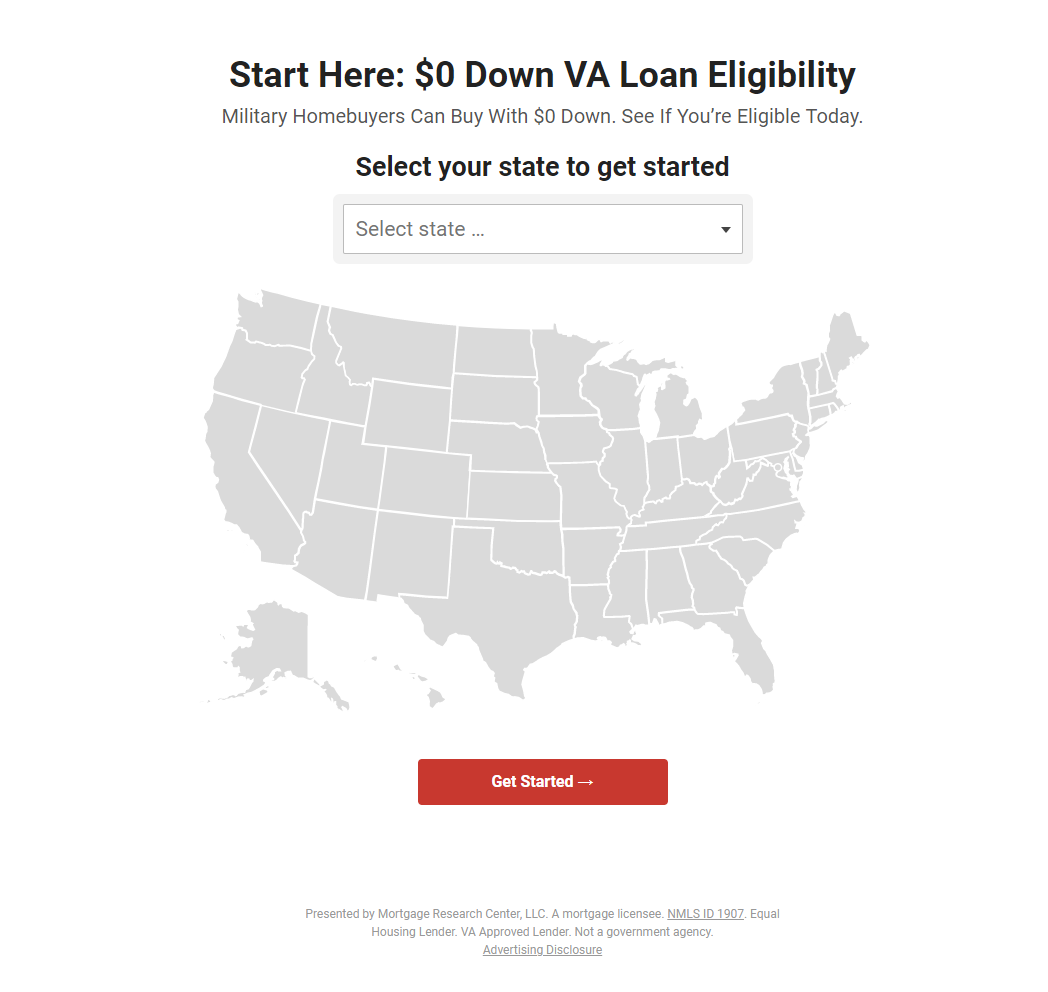Mortgage Lenders Ask Congress to Keep Its Hands Off VA Loan Fees

A group representing mortgage lenders sent a letter last week to leaders in Congress asking that a temporary hike in VA loan fees that was part of the Blue Water Navy Vietnam Veterans Act of 2019 be allowed to expire on schedule in April.
Restoring the fees to the level they were at before they were used to help pay for healthcare would save veterans and active-duty military members about $200 million annually, the Community Home Lenders of America (CHLA) wrote in a letter dated a day before the Nov. 11 Veterans Day holiday.
“Insurance premiums should be established solely for the purpose of maintaining the health and financial integrity of the underlying mortgage program and should never be diverted for other purposes, however laudatory,” the letter said.
While there are no public plans to extend the higher fees during the so-called “lame duck session,” the period between the election and the start of the new Congress in January, the lenders’ group said it is raising the issue now to avoid the fee being used to fund last-minute legislation. Congress often looks for fees of this type as “offsets,” the letter said, meaning funds that make a bill revenue-neutral.
For example, earlier this year Congress hiked the fees borrowers pay for Fannie Mae and Freddie Mac mortgages by $21 billion over 10 years to pay for infrastructure spending. In 2011, Congress hiked the fees for those so-called conforming mortgages to fund a temporary payroll tax cut.
» Next Step: Verify your VA home loan eligibility with a trusted mortgage expert
VA Funding Fee Rollback
In April, the VA funding fee is scheduled to fall by 0.15% and 0.30%, depending on if a veteran is using a down payment and whether buyers have used the benefit before. For example, the VA funding fee for first-time homebuyers with no down payment would fall to 2.15% from 2.30%.
That would enable a single borrower financing a $300,000 home to save $450, Joseph Haslag, an economics professor at the University of Missouri, said in an interview. The actual amount could be higher because borrowers often roll the fee into the balance of their mortgage and pay it off – with interest – over the time they own the house.
A funding fee decrease of 0.25% could result in 12,000 additional loan originations, according to a 2019 analysis by NDP Analytics.
VA-backed loans have existed since the Serviceman’s Readjustment Act of 1944 – the original G.I. Bill. Lenders find these mortgages attractive because the VA guarantees a percentage of the loan value, usually 25%, against loss in the event of a default. Vets find VA loans attractive because they don’t have to pay monthly private mortgage insurance (PMI) if they aren’t putting 20% down, a typical requirement for so-called conforming loans backed by Fannie Mae or Freddie Mac that can add hundreds of dollars to the monthly cost of a mortgage.
It wasn’t until 1966 that Congress enacted the first VA funding fee, which was 0.5%.
Over time, the funding fees have risen, especially over the past three decades.
A year after the Blue Water bill’s temporarily hike, Sen. Jerry Moran (R-KS) limited another extension to the higher fees, this time with a proposed 2027 end date, keeping it to the current rollback of April 2023 when he offered an amendment to HR 3504, a bill providing funds to adapt housing for disabled vets.
VA Loan Fees Could Be Lower
The fees for VA loans, even before the temporary hike to pay for Blue Water benefits, already were set above what was needed to cover the costs of foreclosures, the lenders’ group said.
“As a result, VA home mortgage fees do not actuarially reflect the risk of this low-default program, one of the safest government-backed mortgages in the land,” the letter said.
“We believe veterans and active-duty personnel should not have to pay twice for their earned benefit,” the group said. “The first time they pay for this earned benefit is through their sweat, and sometimes blood, in service to their nation. They should not have to pay again.”
The average VA funding fees could be as low as 1.3% to cover the predicted cost of defaults, according to Haslag, the economics professor.
“If the objective of the program is to be self-sufficient so that the user fee roughly matches the expenditure claims, the projected breakeven value would be 1.3%,” Haslag said.
» Next Step: Find out if you qualify for a VA home loan. Get started with a trusted mortgage expert here.
More from Mortgage Research News:
Detroit and Dayton Lead Ranking of Most Affordable U.S. Metros for Homebuyers
Opinion: The Upside of Private Mortgage Insurance for Buyers Lacking a 20% Down Payment
How to Correct Credit Reports Errors Before Applying for a Mortgage
Kathleen Howley has more than 20 years of experience reporting on the housing and mortgage markets for Bloomberg, Forbes and HousingWire. She earned the Gerald Loeb Award for Distinguished Business and Financial Journalism in 2008 for coverage of the financial crisis, plus awards from the New York Press Club and National Association of Real Estate Editors. She holds a degree in journalism from the University of Massachusetts, Amherst.





